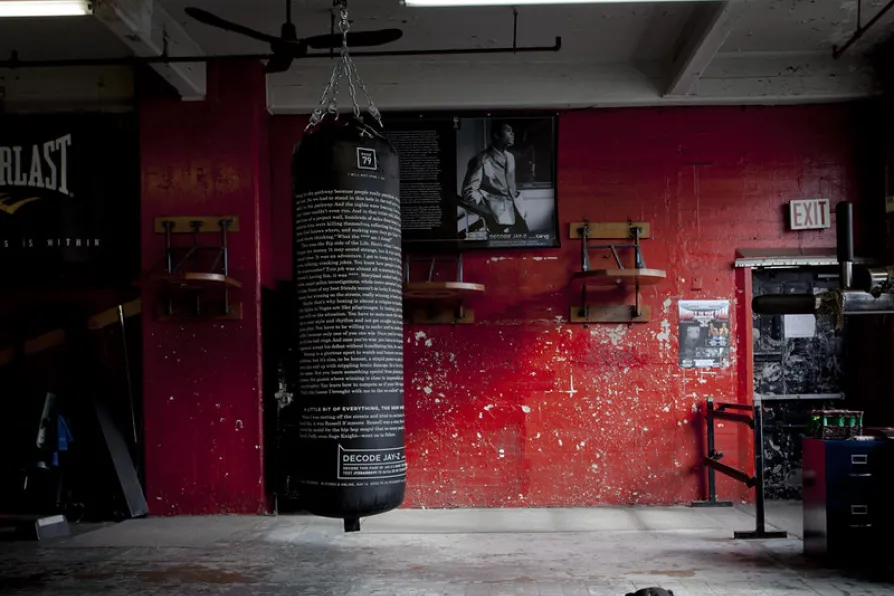
 Gleasons Gym, Brooklyn
[Several Seconds / Creative Commons]
Gleasons Gym, Brooklyn
[Several Seconds / Creative Commons]
MANY places around the world have just claim to being synonymous with the sport of boxing. London, in particular the East End, has long been a veritable production line of amateur and professional fighters, while Liverpool, Manchester, Glasgow and Belfast are likewise regarded as fight towns in the UK.
Further afield, Mexico City’s tough Tepito barrio – known as “bravo barrio” (fierce neighbourhood) – is so associated with the sport of boxing that it’s subway stop sign is a boxing glove. It was in Tepito’s renowned gyms where the likes of Carlos Zarate Serna, Kid Azteca, Ruben Olivares, and Marco Antonio Barrera learned their craft prior to being unleashed on the world.
Central and Latin America in general are parts of the world where boxing has long enjoyed massive popularity and purchase, viewed as a means of escape to a better existence than the hellish one millions have been consigned to here in the name of progress.

JOHN WIGHT tells the riveting story of one of the most controversial fights in the history of boxing and how, ultimately, Ali and Liston were controlled by others













